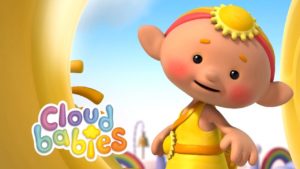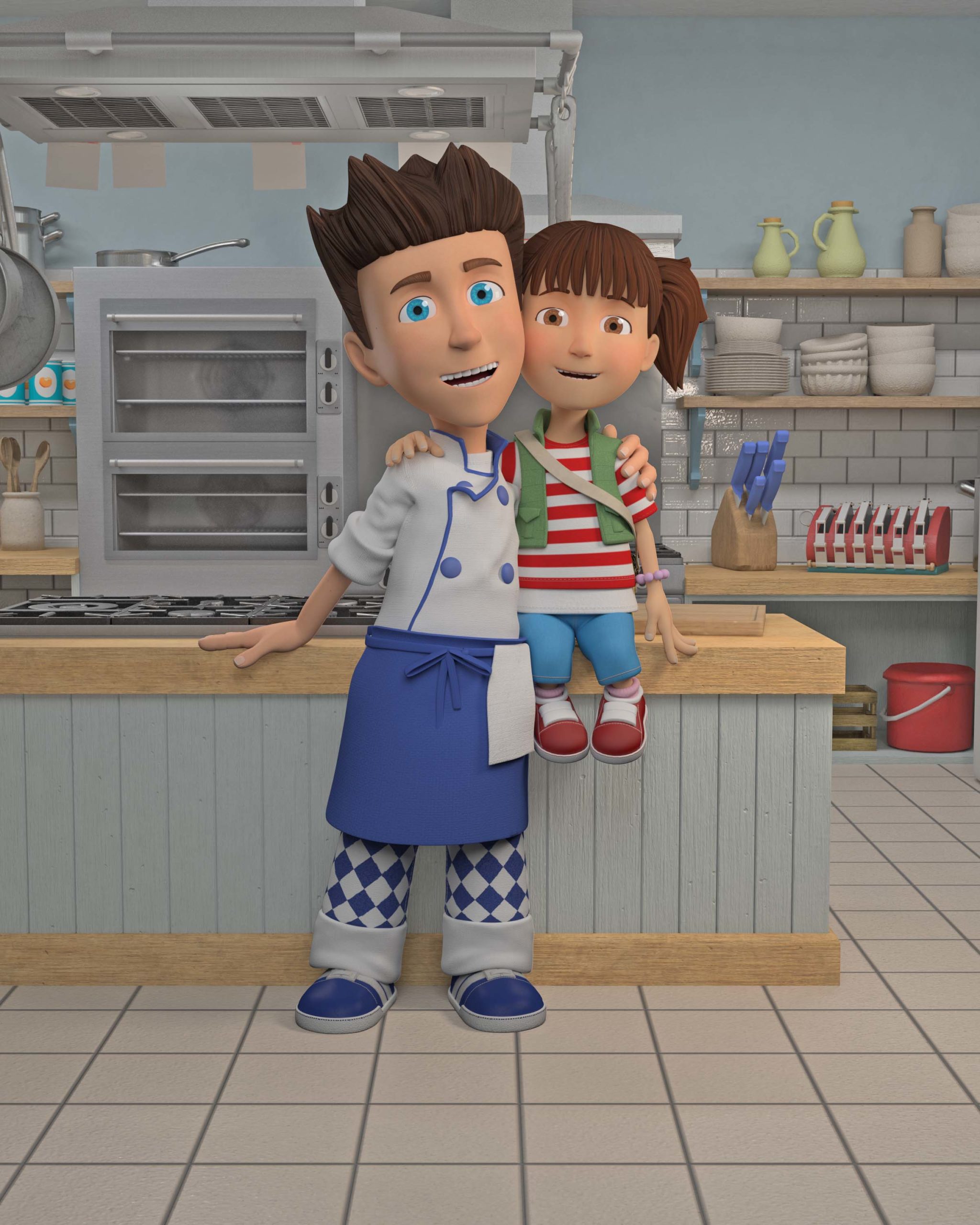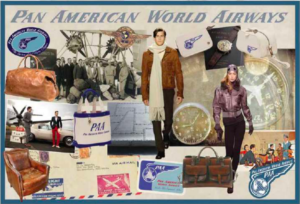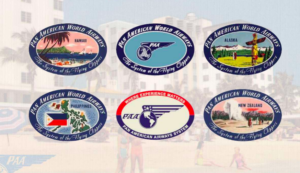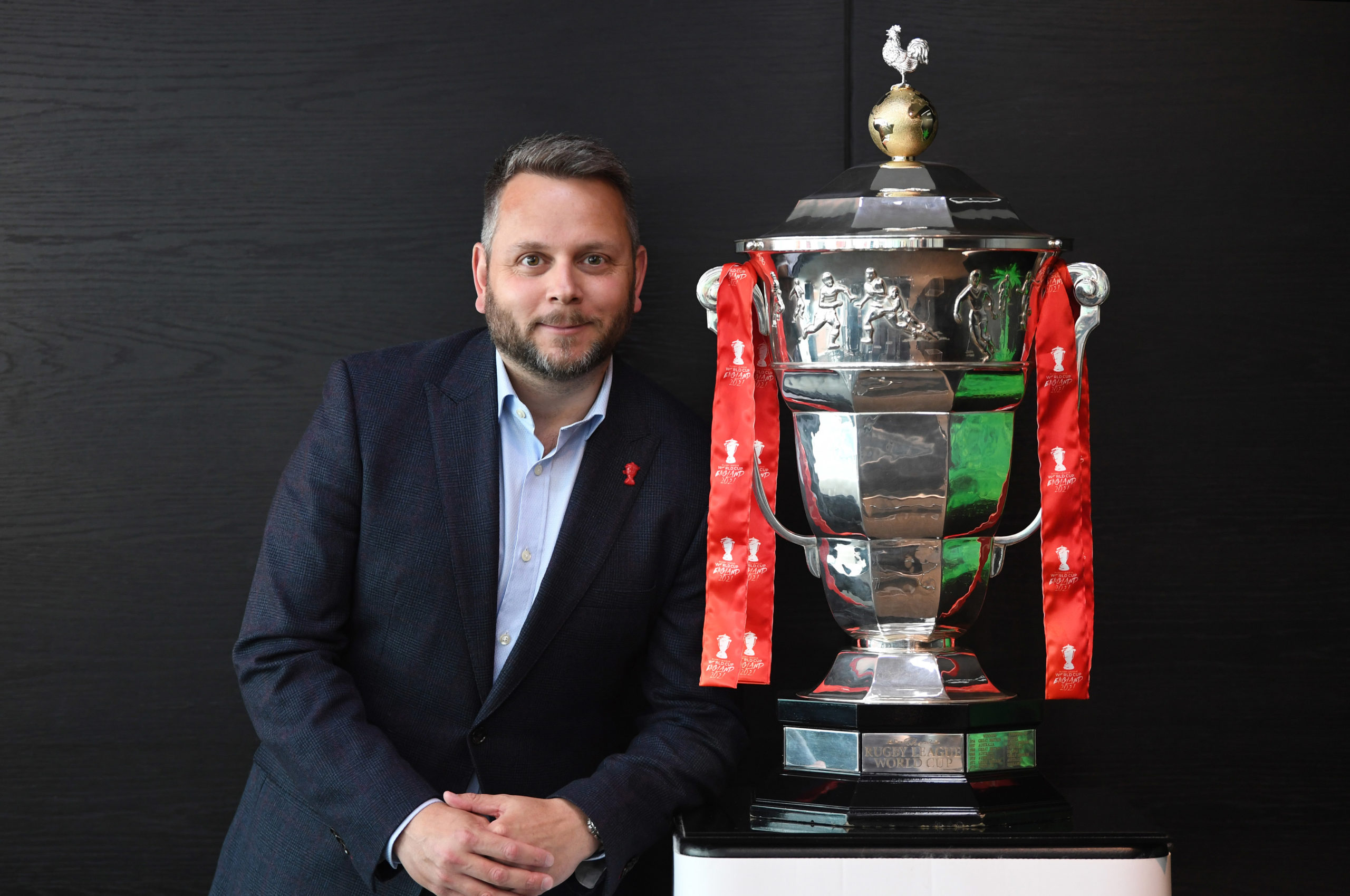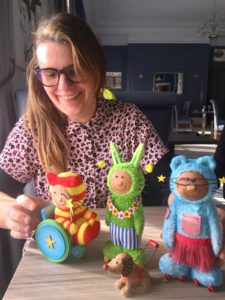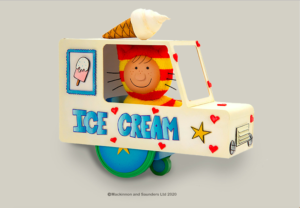With a portfolio spanning some of the most iconic IP in pop culture, including Bill and Ted, Dragon Ball Z and and extended library of anime properties now starting to gather pace here in the UK, Max Arguile, founder of the licensing agency Reemsborko is riding on the crest of a wave that shows no sign of ebbing any time soon.
Much like the Big Bang, the pop culture explosion seems only to be expanding further and further into even the most distant corners, helping the kind of properties and fandom that was once deemed ‘underground’ pitch new flags in the mainstream channel, and finding new ways to engage audiences the world over.
While lockdown has not come without its challenges for the pop culture space, and for Arguile’s own Reemsborko business alike, it’s with a sense of optimism that the pop culture specialist takes his position at the front of that charge, and the wealth of new developments he has managed to forge, even in the face of the last few months.
Licensing.biz catches up with Arguile to talk about the latest projects for Reemsborko, the unerring passion for pop culture, and where business is heading from here on out.
Hi Max, to kick us off, how has business been for Reemsborko over the last few months?
It was pretty mixed under lockdown. Three deals fell apart in early on and it was tough but I still managed to get a dozen contracts signed, mostly new business but a couple of renewals.
What sort of impact do you think the lockdown has had on the pop culture/anime licensing and merchandising business?
Consistent with all industries, it has been horrific for those companies that have gone bankrupt and for those that have had to down-size. I have been working from home since early 2018 so no real change for me but everyone has had to adapt to survive. And coming out of lockdown a big impact for the companies that are still trading is the disruption to production timelines and therefore a delay for new business.
The numbers of people streaming content over the lockdown has surged – a good share of which is anime content… Meanwhile, Netflix continues to bulk out its own anime library – how do you think this may impact the merchandising opportunities?
Whatever people love represents a merchandising opportunity. Unsurprisingly Netflix did phenomenally well with a captive audience and other streamers must have done OK but everything has a cost.
Families facing increased streaming bills will have been glad of not only the BBC but also free channels like POP, which apparently enjoyed record viewing figures. For everyone still undecided, yes, Dragon Ball is still the number one boys show on POP with more content on the way.
What lasting impact do you think recent events will have on licensing? How well has the pop culture scene adapted to the changes, and what do you think this will mean for its licensing?
Recently it was Comic-Con From Home – the online version of a crucial pop-culture event. I’ve seen some good presentations done with flair and imagination (Factory Entertainment and Super7 take a bow), and others that just looked like giant Zoom meetings and so I didn’t even bother.
E-commerce has leaped forward by about five years since March, and as a trader, if you don’t have a vibrant route to market online then it’s going to be tougher from now on. Fortunately for Reemsborko, the fans of the licenses I sign don’t usually expect to find the corresponding merchandise in bricks and mortar, you know? The fans just wouldn’t think to look there – the first place they will go is online hence the licensees I have that do online selling in a meaningful way actually did OK in Q2.
The Reemsborko portfolio is now looking very strong. Can you talk us through some of the exciting developments for you over the last few months/first half of 2020?
The portfolio is decent but frankly there isn’t enough in there. We’re not resting yet. I’m looking for more animation properties, and also video games – anything that is cool and interesting, rather than simply a cashcow (although I’m not against those).
Hatsune Miku has been extremely strong in 2020 firstly at the level of interest and secondly now in the market place. The first Wild Bangarang range launched just last weekend – online only – they are very happy with the sales and consider this to be a signing that will grow, especially once the fans start discussing their purchases. Not only is the fanbase super-engaged but we have influencers on board that will wear and show the product via their social media channels – free advertising, directly to the fans never hurts. Likewise, Dragon Ball also continues to work. Junji Ito hasn’t really started yet in Europe (although the t-shirt range will hit retail in Australia by Q4) and there is a lot to come on both Heathen and Black Hammer.
Heathen should start filming in January – they have cast the lead so that is pretty exciting, and we are in the midst of approving a massive apparel range for Black Hammer.
What have been some of the key partnerships you’ve established for 2020 so far?
I’m very happy to now be working with some major talent in the comics industry. Dark Horse have already committed to pushing new Black Hammer products via their Twitter account and Vault Comics are really punching above their weight as a publisher. Aside from Heathen, they have a range of titles, one of which – Vagrant Queen – was made into a TV series, showing recently on Syfy. Vault are fully open to maximising on their whole catalogue – so if anyone is interested in original IP to develop as live action or animation, please get in touch.
You’ve recently partnered with TMS to bring Lupin the Third into the portfolio. What sort of plans have you got for the property in the European market? What is the strength of the brand here in Europe?
Lupin is a well loved classic animé – I aim to start with apparel and collectibles and the new feature length CGI film should be released this year so I’m hopeful of also capitalising on the halo effect that will have
It’s a topic we’ve discussed many times before, but always worth highlighting – what do you make of the current strength of the pop culture scene across Europe? How has the demand for animé ‘swag’ in Europe grown?
Pop culture is just getting bigger in all territories. What was traditionally underground is becoming mainstream and, as the saying goes, the geek shall inherit the earth.
Animé is only getting started in the UK outside of specialty – we have a long, long way to go catch up with Europe and North America. Furthermore, the animé investment bubble shows no sign of bursting – the streaming platforms continue to commission new content which just increases the size of the total offering.
Conventions won’t be happening so there will be no physical meeting for a while but communication never stops. The fans are fully aware of new developments, and new content almost before they are announced – it’s the job of people like me to ensure that they also know about new products too.
The fans should have the swag so it is our job to make the good stuff visible to not just the fans but also the gift givers. We have our work cut out but the future is bright.
What’s the next big step for Reemsborko as the world wakes up from the pandemic lockdown?
Before Matrix 4, Cyberpunk 2077, John Wick 4 and the new SpongeBob movie, remember that the renaissance of Keanu Reeves starts in earnest when Bill and Ted Face The Music reaches fans worldwide in September.
For many years licensees have enjoyed a steady pace of success with the merchandise from the first two Bill and Ted films – Bill and Ted’s Excellent Adventure and Bill and Ted’s Bogus Journey. A healthy dose of Bill and Ted is something we could all use right now
Anything you’d like to add?
Be excellent to each other!







